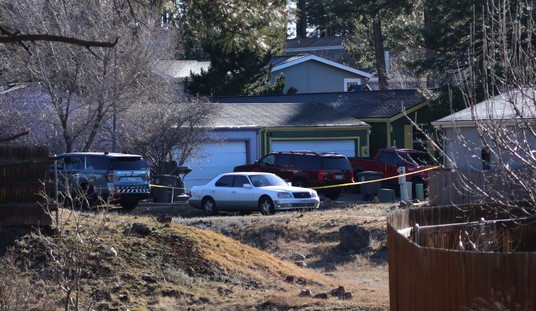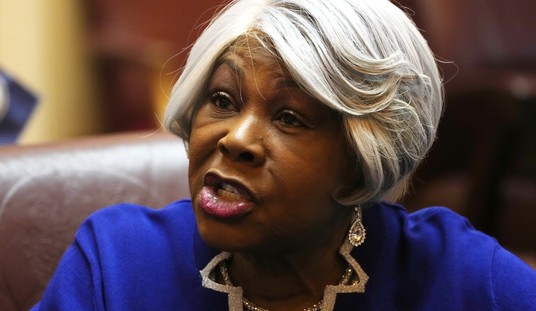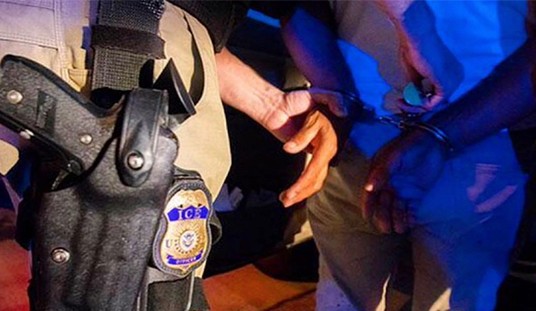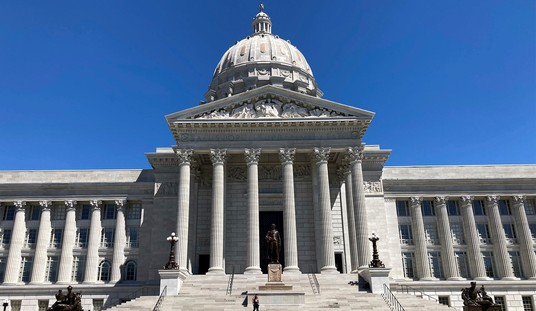The proclamation issued Wednesday that formally recognized Jerusalem as the capital of Israel, as well as the notice of intent to move the US embassy there, was met with support by some in the broader Middle East region — but not all.
The White House released a list of some of the leaders in the region that Trump phoned to discuss the Jerusalem issue — including Prime Minister Benjamin Netanyahu of Israel, President Mahmoud Abbas of the Palestinian Authority, His Majesty King Abdullah II of Jordan, President Abdel Fattah Al Sisi of Egypt, and His Majesty King Salman Bin Abdulaziz Al Saud of Saudi Arabia. Trump was said to have “reaffirmed his commitment to advancing Israeli-Palestinian peace talks and the importance of supporting those talks,” as well as underscoring “the importance of bilateral cooperation with each partner to advance peace efforts throughout the region.” Senior Administration officials indicated Tuesday that those interested in peace in the region were amenable to the move.
Some world leaders, however, have not been as quick to express confidence in the decision. The common denominator in their concern over the Jerusalem decision? Iran.
Some European Union leadership, for example, added the decisions regarding Jerusalem to a growing list of grievances they have with the Trump administration, a list that begins with a change in direction on Obama’s Iran deal.
A joint press conference by the European Union’s foreign-policy chief and the U.S. Secretary of State descended into a thinly veiled exchange of rebukes, adding to signs of increased strain in the world’s most powerful alliance.
“The Iran nuclear deal is a key strategic priority for European security but also for regional and global security,” the EU’s Federica Mogherini told reporters on Tuesday, emphasizing that the agreement only dealt with nuclear issues. “Dismantling an agreement on nuclear issues that is working — as the International Energy Agency has certified nine times — would not put us in a better position to discuss all the rest on the country”…
The latest episode in the saga is over the possibility that the U.S. might unilaterally recognize Jerusalem as the capital of Israel…Germany’s acting foreign minister, Sigmar Gabriel, said unilateral U.S. recognition of Jerusalem as Israel’s capital would inflame Middle East tensions.
“That would be a very dangerous development,” Gabriel told reporters on Tuesday at a meeting of foreign ministers from the North Atlantic Treaty Organization.
There’s also the outcry from the horse’s mouth itself. Iran has reportedly agreed to attend “a special summit of the Organisation of Islamic Cooperation, the main pan-Islamic body, on December 13, which [Turkey’s Recep Tayyip] Erdogan called to discuss the issue.”
Rouhani had earlier been speaking at an international conference in Tehran promoting Islamic unity and marking the anniversary of the birth of Islam’s Prophet Mohammed.
Iran “will not tolerate a violation of Islamic sanctities,” he said in reference to Trump’s Jerusalem announcement.
“Muslims must stand united against this major plot.”
Secretary of State Rex Tillerson, currently at a NATO summit in Brussels, faced criticism from some in attendance for Trump’s decision regarding Jersualem according to some reports. However, the Secretary maintained he saw a “very good opportunity” for peace in the Middle East.














Join the conversation as a VIP Member